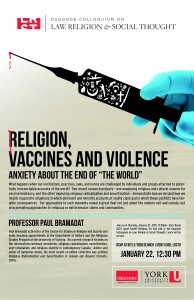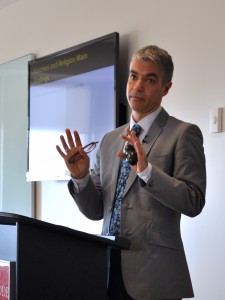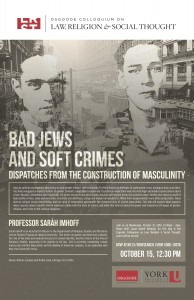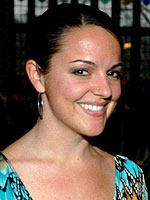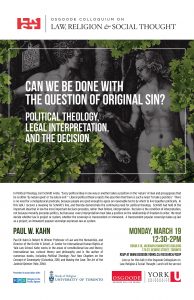 March 19, 2018
March 19, 2018
“Can We be Done with Original Sin: Political Theology, Legal Interpretation, and the Decision”
Prof Paul Kahn (Yale University)
12:30pm to 2:00pm, Room 318, Jackman Humanities Building
RSVP Required: www.osgoode.yorku.ca/research/rsvp
In Political Theology, Carl Schmitt wrote, “Every political idea in one way or another takes a position on the ‘nature’ of man and presupposes that he is either ‘by nature good’ or ‘by nature evil.'” Liberal political theory rejects the assertion that there is such a need “to take a position.” There is no need for a metaphysical predicate, because people are good enough to agree on reasonable terms by which to live together politically. In this talk, I recover a meaning for Schmitt’s line. and thereby demonstrate the continuing need for political theology. Schmitt had hold of the important idea that in law the most important decision precedes, rather than follows, interpretation. Decision is the condition of interpretation, not because morality precedes politics, but because every interpretation must take a position on the relationship of 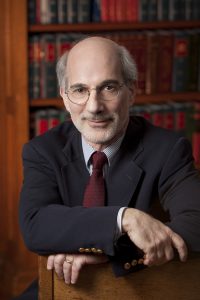 freedom to order. We must decide whether law is project or system, whether the sovereign is transcendent or immanent. A transcendent popular sovereign takes up law as a project; animmanent popular sovereign expresses law as system.
freedom to order. We must decide whether law is project or system, whether the sovereign is transcendent or immanent. A transcendent popular sovereign takes up law as a project; animmanent popular sovereign expresses law as system.
Paul Kahn is Robert W. Winner Professor of Law and the Humanities, and Director of the Orville H. Schell. Jr. Center for International Human Rights at Yale Law School. Kahn works in the areas of constitutional law and theory, international law, cultural theory and philosophy and is the author of numerous books, including Political Theology: Four New Chapters on the Concept of Sovereignty (Columbia. 2011) and Making the Case: The Art of the Judicial Opinion (Yale, 2016).
In collaboration with:
![RPS Master 01 2012-09-20 transparent background[1]](https://lrst.osgoode.yorku.ca/wp-content/uploads/2015/02/RPS-Master-01-2012-09-20-transparent-background1-300x218.jpg)


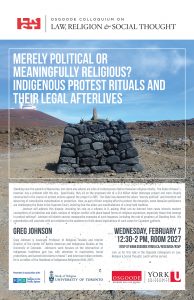
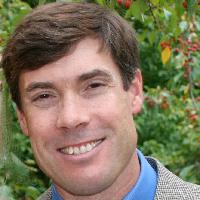
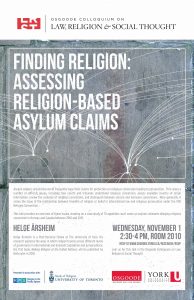 November 1, 2017
November 1, 2017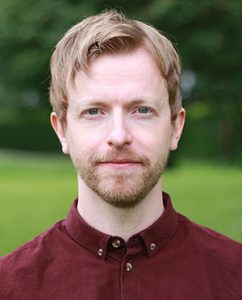 This talk provides an overview of these issues, drawing on a case study of 70 appellate court cases on asylum claimants alleging religious conversion in Norway and Canada between 2010 and 2015.
This talk provides an overview of these issues, drawing on a case study of 70 appellate court cases on asylum claimants alleging religious conversion in Norway and Canada between 2010 and 2015.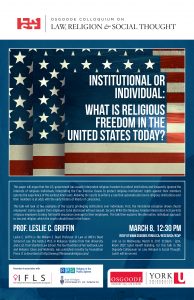
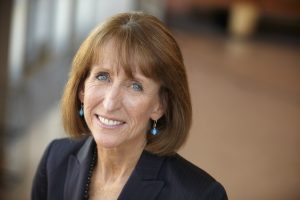 Leslie C. Griffin is the William S. Boyd Professor of Law at UNLV’s Boyd School of Law. She
Leslie C. Griffin is the William S. Boyd Professor of Law at UNLV’s Boyd School of Law. She
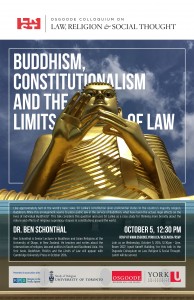
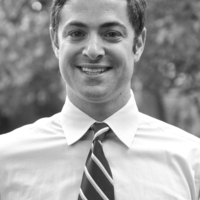 constitutions around the world.
constitutions around the world.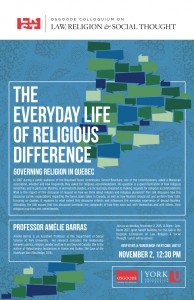
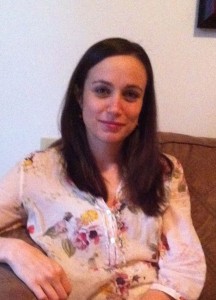 Quebec, it explores to what extent this discourse reflects and influences the everyday experience of devout Muslims. Ultimately, the talk argues that this discourse overlooks the complexity of how they work out, with themselves and with others, their religious practices and commitments.
Quebec, it explores to what extent this discourse reflects and influences the everyday experience of devout Muslims. Ultimately, the talk argues that this discourse overlooks the complexity of how they work out, with themselves and with others, their religious practices and commitments.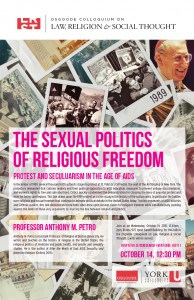
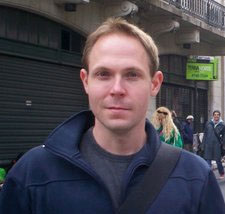
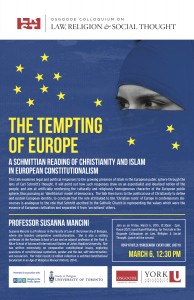
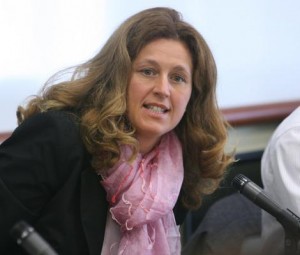 where she teaches comparative constitutionalism. She is also a visiting professor at the Fordham School of Law and an adjunct professor at the Paul H. Nitze School of Advanced International Studies of Johns Hopkins University. She has written extensively on comparative constitutional issues, exploring questions of constitutional symbolism, gender and the law, self-determination, and secularism. Her most recent co-edited collection is entitled Constitutional Secularism in an Age of Religious Revival (Oxford, 2014).
where she teaches comparative constitutionalism. She is also a visiting professor at the Fordham School of Law and an adjunct professor at the Paul H. Nitze School of Advanced International Studies of Johns Hopkins University. She has written extensively on comparative constitutional issues, exploring questions of constitutional symbolism, gender and the law, self-determination, and secularism. Her most recent co-edited collection is entitled Constitutional Secularism in an Age of Religious Revival (Oxford, 2014).